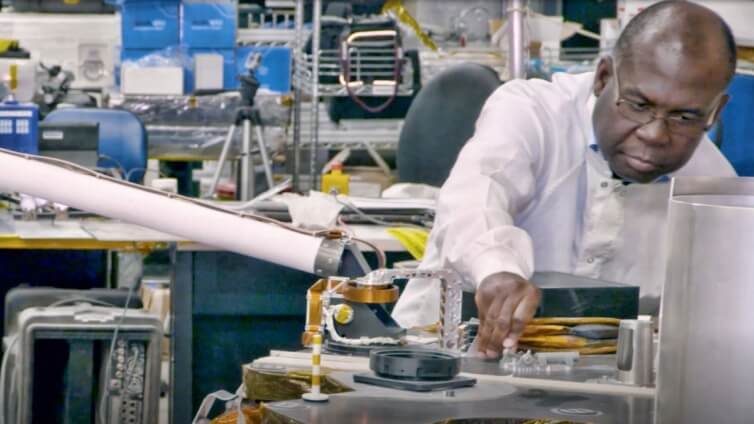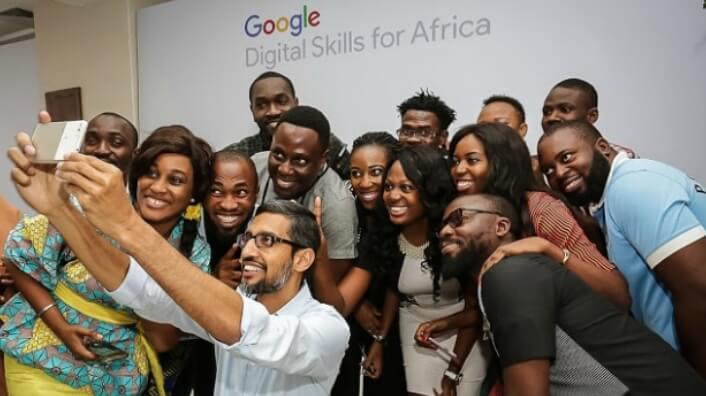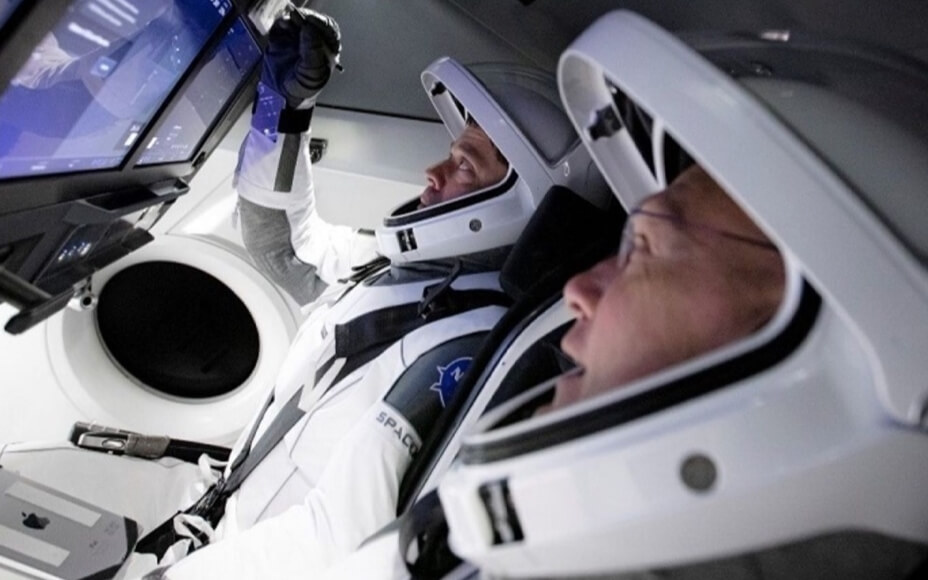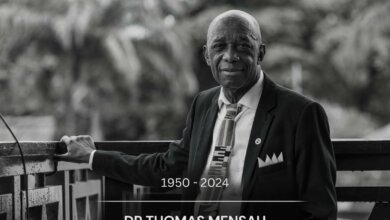The African Academy of Sciences appeals for more Africa-based funding
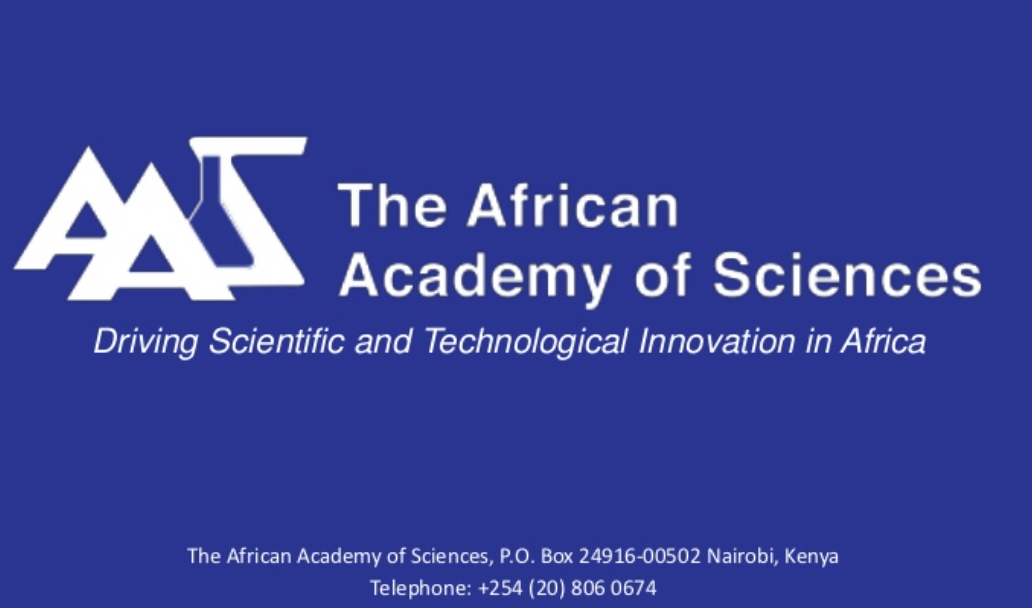
The African Academy of Sciences (AAS) is appealing for contributions from African governments and the continent’s private sector to help it to, among other future projects, establish regional scientific research hubs that will contribute to an increase in science output on the continent.
AAS President Felix Dapare Dakora, in a website message outlining his strategic goals, said the centers would be modeled along the lines of the Nairobi-based Biosciences Eastern and Central Africa – International Livestock Research Institute (BecA-ILRI) Hub to advance research in priority areas identified by the organization.

The ultra-modern research centers would serve to complement existing infrastructure in various regions of the continent while ensuring that world-class research was undertaken in Africa, he said.
Noting the fact that the AAS continued to rely on mostly foreign, international funders, he said: “I would like to see leaders of the African public, private, philanthropic sectors embracing ownership of the AAS and increasing investment that will spearhead the creation of a funding committee comprising fellows to mobilise funding from these sectors.”
The African Academy of Sciences partnership
Such a committee, he said, would work in close cooperation with the AAS secretariat to achieve the most from its potential and to avoid duplication of other existing fundraising initiatives. Dakora said one way of ensuring that AAS remained relevant and responsive to development needs on the continent was to grow its partnerships.
He said the partnership with the African Union (AU) had facilitated the academy’s contribution to the development of the Science, Technology, and Innovation Strategy for Africa 2024 (STISA-2024), Africa’s blueprint for science, and a continental health research strategy.
[Read more technology related stories]
Dakora said partnerships like the one with the AU position the AAS to “influence African governments and are important to ensuring that the research undertaken through our programmes and by our fellows informs policy”.
The AU partnership had also led to the creation of the Alliance for Accelerating Excellence in Science in Africa (AESA).
“Through AESA, the AAS is investing close to US$150 million in programmes to tackle climate change, improve the health of our people, promote innovation and expand into scientific frontiers such as stem cell [research], genomics and precision public health. The [AAS] Affiliates programme also allows us to recognise and mentor young scientists who are potentially future fellows.”
However, more still needed to be done to bridge the gap between science and policy, to define the place for AAS in the socio-economic transformation of Africa, he said.
“We need to bridge the gap between research and policy for evidence-based policy-making and for the AAS to set the research agenda in science, technology, and innovation,” Dakora said.
“A stronger partnership should enable us to have a defined role in efforts to achieve the Agenda 2063, the strategic framework for the socio-economic transformation of the continent over the next 50 years.”
He proposed the creation of a joint task force comprising the AAS, NEPAD Agency and the Human Resources, Science, and Technology Division of the AU to define and entrench the centrality of the academy in African development plans and transformation.
In the coming years, he said, the organization will work to recruit more fellows from Francophone countries and the Lusophone countries of Mozambique and Angola.
Dakota said although the number of academy fellows had grown from 183 in 2011 to 364 in 40 African countries, 44 of whom were women, increasing the number of women fellows over the next five years was a priority.
“With women only accounting for 22% of the scientists in Sub-Saharan Africa, no wonder there are fewer of them to draw our fellows from. I am committing to a ‘women in science’ programme that recognizes and seeks to resolve the root of the problem to enable more women to become scientists,” he said.
The existing AAS strategic plan had identified five priority areas: health and well-being, climate change, food security and nutrition, water and sanitation, sustainable energy and the building of science, technology, engineering and mathematics (STEM). These areas might need to be reviewed, noted Dakora.
He also said the growth in the size of the academy and the changes in the AAS secretariat meant that a review of the organization’s constitution was necessary.
Source: Maina Waruru / WUN
Oral Ofori is Founder and Publisher at www.TheAfricanDream.net, a digital storyteller and producer, and also an information and research consultant.


